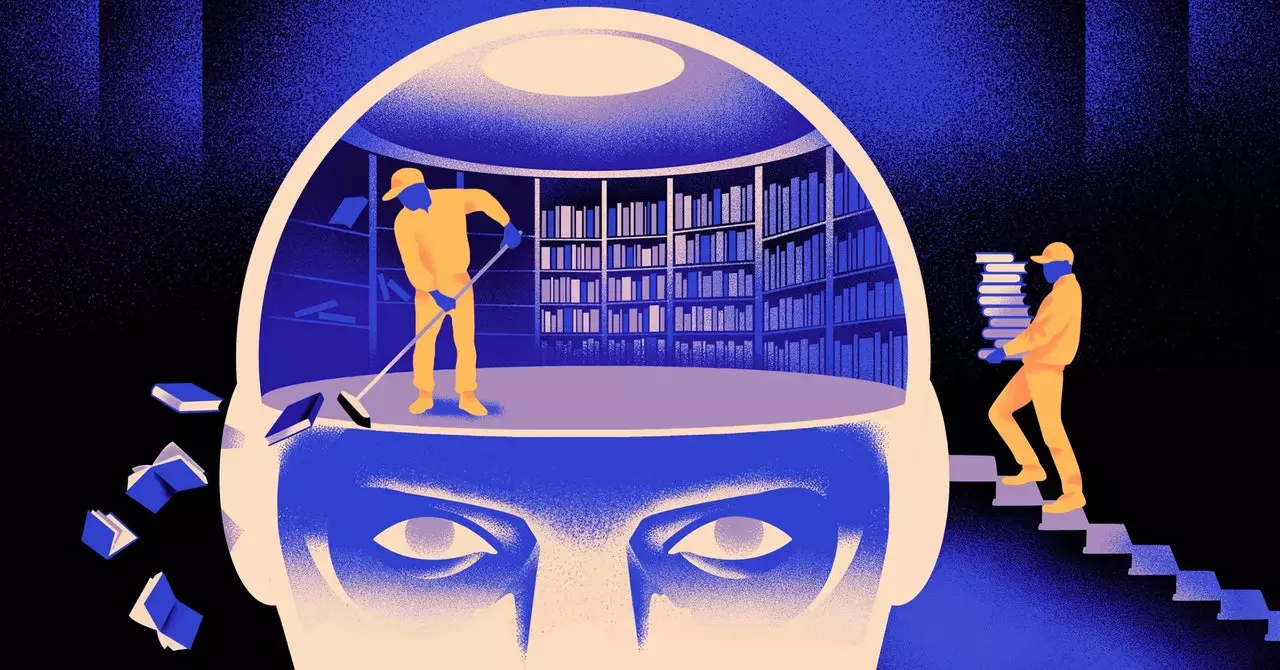In a world where artificial intelligence is becoming increasingly integrated into our daily lives, the need for more efficient machine learning models has never been greater. A team of computer scientists has recently introduced a new approach that challenges the traditional way of training AI language engines. This innovative model is designed to periodically forget what it knows, allowing for a more flexible and adaptable system.
The Challenge of Big Data
The current AI language engines rely heavily on artificial neural networks, which consist of interconnected layers of “neurons” that process and analyze information. These networks are trained on vast amounts of data to improve their performance and accuracy. However, the process requires significant computing power and can be time-consuming. Additionally, if the model needs to be updated or expanded to include new languages, it can be challenging to adapt without starting from scratch.
A Novel Approach
To address these limitations, researchers like Mikel Artetxe have developed a groundbreaking method that involves intentionally erasing the foundational knowledge of a neural network. By selectively removing the tokens that represent the building blocks of words in the first layer of the network, the model can then be retrained on a different language. Surprisingly, the model is still able to learn and process the new language, despite the initial mismatched information.
The success of this approach suggests that while the embedding layer of the neural network stores language-specific information, the deeper layers contain more abstract concepts that transcend individual languages. This insight into the higher-level reasoning behind human languages is crucial for developing more versatile and adaptable machine learning models. Yihong Chen, the lead author of the recent paper, emphasizes the universal nature of human conceptualization, regardless of linguistic differences.
This new research represents a significant advancement in the field of machine learning and AI. By incorporating the concept of periodic forgetting into neural network training, researchers have the potential to create more dynamic and efficient models that can adapt to changing needs and new languages. While these models may not replace the large-scale systems currently in use, they offer valuable insights into the inner workings of AI language engines and pave the way for future innovations in the field. The power of forgetting may just be the key to unlocking the true potential of machine learning technology.


Leave a Reply